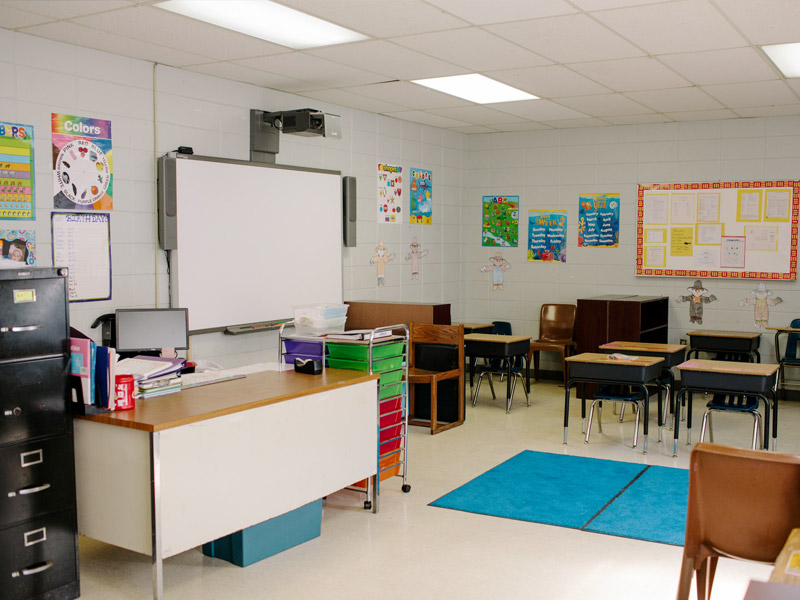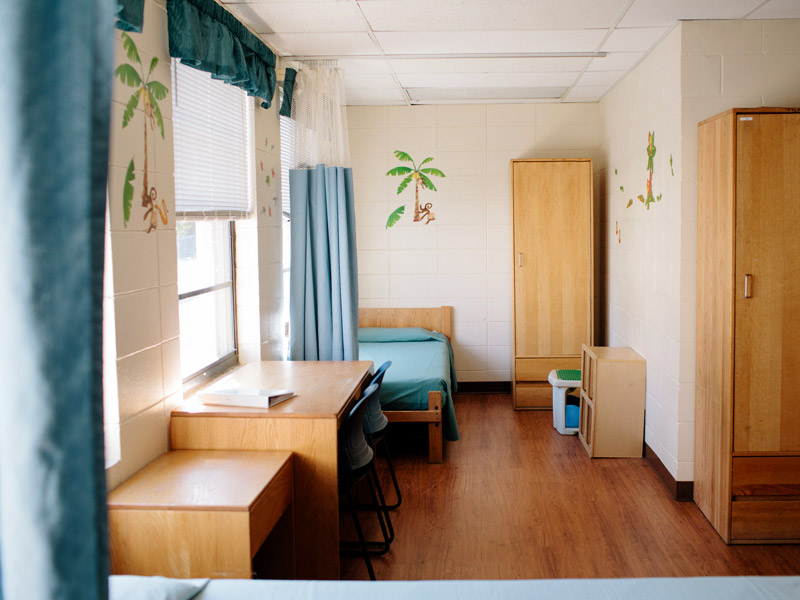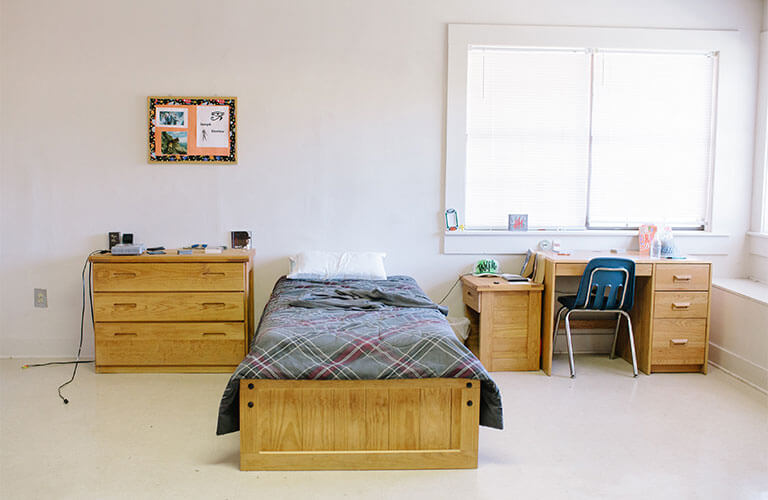When the season turns from fall to winter, many people enjoy the first few weeks of the cold, and even look forward to the first snowfall in their area.
However, for some, when winter creeps in, so do feelings of being sad and blue. The days get much shorter, the night’s longer. The mornings can be frigid, and it can take almost everything some individuals have to crawl out of their warm beds and get moving – especially when those mornings are filled with clouds, scenes of bare trees, and a snow/ice mix covering what used to be cheerful green grass.
In areas of Mississippi such as Magee, Sanatorium, and Maddox, winters are not as aggressive as they are in northern states; however, the cold and darkness that comes along with this season can set in and can trigger the onset of seasonal depression.
Clinically known as seasonal affective disorder (SAD), this condition can impact people of all ages and races, including young children. According to the Mississippi Department of Mental Health, the depression that many feel during winter is part of a seasonal affective disorder.
Someone who struggles with this condition can experience a change in levels of melatonin and serotonin within his or her brain, which are chemicals that help regulate one’s overall mood, ability to sleep and help produce feelings of pleasure. According to research, levels of serotonin in one’s brain can be increased through exposure to sunlight, which can be problematic during the winter as sunlight is not as strong or as long-lasting.
It can be challenging to determine if a loved one, such as a child, is struggling with a seasonal affective disorder, especially if a parent or guardian is unaware of the many symptoms that he or she can display when dealing with this condition. Children tend to display similar symptoms of a seasonal affective disorder as adults do, which according to Kid’s Health, can include the following:
- Changes in mood
- Diminished energy levels
- Lack of enjoyment
- Appetite changes
- Altered sleeping habits (i.e. sleeping more than normal)
- Problems with socializing
- Inability to concentrate
In addition, children who are grappling with this condition can also begin to experience academic troubles, low self-esteem, and a loss of interests.
If you are a parent or guardian and suspect that your child is suffering from a seasonal affective disorder, it is imperative to reach out for treatment. Some of the most effective therapies for this condition can include light therapy (where a light box is used to help increase exposure to sunlight, thus increasing levels of serotonin in the brain), cognitive behavioral therapy (CBT), and potentially the introduction of antidepressant medications such as SSRI’s, which are effective in increasing serotonin levels in the brain.
At Millcreek of Magee, we are pleased to help the children of Magee and the surrounding areas obtain the attention and care they need to properly manage their seasonal affective disorder. If you are concerned that your child is in need of help, please reach out to us right now.



